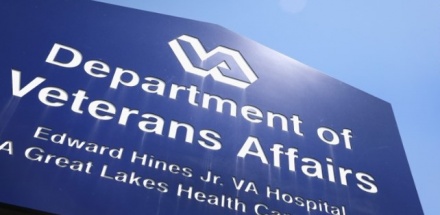
On July 27, 2014, Senate Committee on Veterans’ Affairs Chairman Bernie Sanders (I-VT) and House Committee on Veteran’s Affairs Chairman Jeff Miller (R-FL) reached an agreement on a bipartisan bill aimed at reforming the Department of Veteran’s Affairs (VA). The $17 billion bipartisan plan includes numerous short- and long-term solutions to the problems facing the VA. Among provisions in the bill: A streamlined process for removing senior VA executives, an option for veterans without ready access to VA facilities to receive private care, additional funds to hire more professional staff and operate more facilities while also increasing accountability measures for care of veterans who are the victims of sexual assault.
With increased pressure on VA executives, the bill would give the Secretary of Veteran’s Affairs the ability to instantly fire any Senior Executive employee. The fired executive would then have seven days to file an appeal with the Merit Systems Protection Board (MSPB), which would then have 21 days to issue a ruling on the executive’s appeal.
Also in the bipartisan bill are provisions aimed at veterans enrolled for emergency care and veterans in rural communities. If veterans seeking emergency care are unable to receive prompt appointments at their local VA facility, the bipartisan bill would pay for treatment from private physicians. Veterans that live at least 40 miles away from a VA facility would also be eligible to receive VA-subsidized treatment from nearby private physicians.
Among the $17 billion authorized in the legislation, nearly $12 billion would be new funding, with the remaining $5 billion funding previous budget cuts. Of the new spending, funds will be allocated to hire more doctors and nurses in an effort to reduce current backlogs, along with funding a total of 27 new VA facilities.
One of the other major provisions in the bipartisan reform package is a review of how the VA and Department of Defense treat victims of sexual assault. An intense focused is placed on the responsibilities of agencies assisting victims of sexual assault transition from military to civilian life after an assault.
This bill comes in the wake of the VA being at the center of attention in the media for management problems at locations across the country. Similar reform bills have been introduced in Congress, including Senator McCaskill’s bill that calls for increased whistleblower protections within federal agencies.
The $17 billion bipartisan VA reform bill passed the House, 420-5, Wednesday and is waiting for Senate approval.

